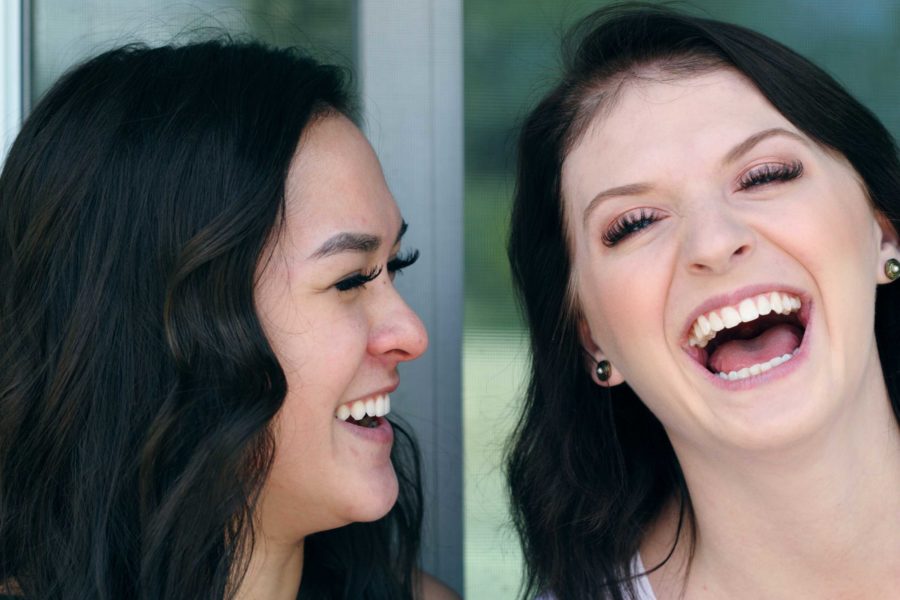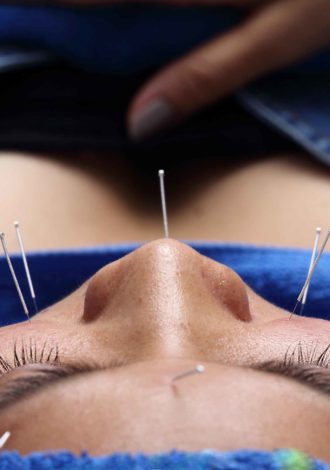Through life’s ups and downs, we all have people we can lean on for guidance and support: family members, romantic partners and friends.
But, there are times when our female friends are there for us in different, even more important ways, than in all of our other relationships.
Sarah Jessica Parker’s “Sex and the City” character Carrie Bradshaw once said, “Maybe our girlfriends are our soulmates, and guys are just people we have fun with.”
Is Carrie on to something here?
Our girlfriends are the people with whom a mere glance can communicate a thousand words, the people who won’t judge us in our lowest moments and who will fight with us through any struggle. Our bonds can even serve as tools for survival.
A 2000 UCLA study argued that females of various species, including humans, are more likely to react to stress by bonding and seeking social support from other females than males are.
This “tend and befriend” notion developed by researchers Dr. Laura Cousino Klein and Dr. Shelley E. Taylor might explain why women statistically outlive men.
Other studies have linked strong social ties to reduced risk of blood pressure, heart rate and other diseases. Plus, oxytocin, the body’s natural “feel good” hormone is produced during moments of bonding and socializing but can be neutralized by male stress hormones.
According to a 2011 study conducted by researchers at Vanderbilt-Ingram Cancer Center and their colleagues at the Shanghai Institute of Preventive Medicine, breast cancer patients who ranked high in satisfaction with marriage, family and friends also had a 38 percent reduced risk of mortality in the first six months after diagnosis.
So, strong social bonds with our girlfriends not only make life more enjoyable, but might also help us live longer.
Jeanne Dasaro, managing director of Quincy Yoga and Massage, and founder of networking group Wonder Women Boston, realized the power of the female bond when she began pursuing a nonprofit social justice venture.
Reaching out to lawyers, graphic designers and website developers to help start her business, Dasaro found that her “idea to start a business wasn’t taken very seriously” by most of the men she encountered. Dasaro says her idea was regarded as a hobby.
She then built a network of female lawyers, graphic designers, website developers and other female professionals who were more understanding of Dasaro’s business idea than their male counterparts.
“I met some great people, and I felt that they should all know each other,” she says about Wonder Women’s formation in 2010. “I hosted this party, and 90 people showed up. It ended up being a more formalized entity.”
Dasaro says that the women in our lives are “the people you strategize with around your kitchen table. They’re your business advisory board, your life advisory board.”
One female executive for whom Dasaro once worked commented, “All women need their kitchen cabinet” of trusted friends.
“My personal friendships with other women are partly my life guide,” says Dasaro, who is in her late 30s and has friends into their late 60s. “They’re my soundboard. They’re usually going through the same things I am, or did at some point in their lives.”
But, as she also acknowledges, life can get in the way when trying to keep up with friendships as adults. Getting married and starting a family or relocating for a career might make us lose touch with our girlfriends, but like any key relationship you make the effort and time.
New York Times best-selling author Rebecca Traister writes about female friendships in her book “All the Single Ladies: Unmarried Women and the Rise of an Independent Nation.”
“Friends are our primary partners through life; they are the ones who move us into new homes, out of bad relationships, through births and illnesses,” she says. “Even for women who do marry, this is true at the beginning of our adult lives, and at the end — after divorce or the death of a spouse.”
Our girlfriends were our first trusted partners in life, the first bonds we made outside of family. And, even if we end up marrying our other partners in life and love, that friendship doesn’t — and shouldn’t — disappear.



 3 min read
3 min read



